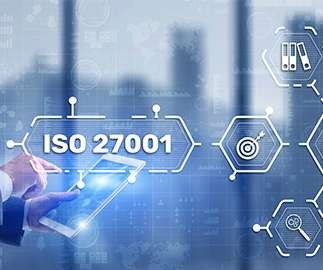A Guide to Completing an Internal Audit for Compliance Management
Reciprocity
DECEMBER 20, 2022
Learn the best way to complete an internal audit for your compliance management program. The Basics of Internal Audits. Internal audits assess a company’s internal controls, including its governance, compliance, security, and accounting processes. What Is the Purpose of an Internal Audit?


















Let's personalize your content